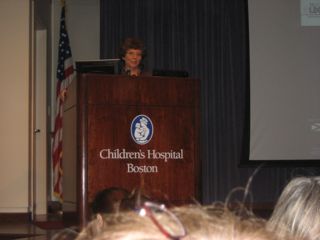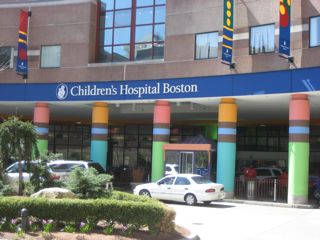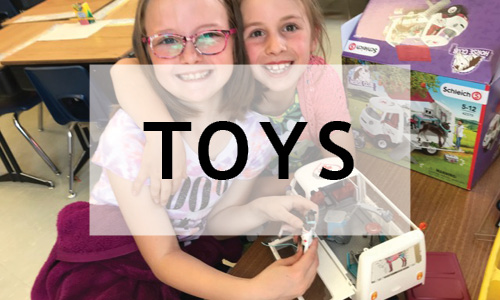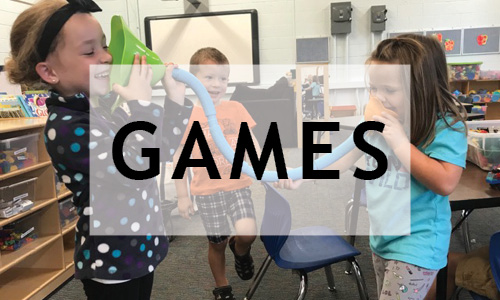 Yesterday I attended a full day lecture by Rhea Paul on “Evidence-Based Practices for Addressing Communication Disorders in Children with ASD.” Held at Children’s Hospital Boston and sponsored by the Department of Otolaryngology and Communication Enhancement, this program was excellent.
Yesterday I attended a full day lecture by Rhea Paul on “Evidence-Based Practices for Addressing Communication Disorders in Children with ASD.” Held at Children’s Hospital Boston and sponsored by the Department of Otolaryngology and Communication Enhancement, this program was excellent.
Rhea Paul, Professor and Director of the Communication Disorders Section at the Yale Child Study Center, is a speech pathologist, scientist and educator.
Dr. Paul began her lecture by stating that autism is a mysterious disease and parents are vulnerable to the many new treatment programs proposed in their effort to get the best therapy for their child. As therapists, we need to guide families to treatments that have evidence for improving communication.
Sharing criteria for evaluating published evidence, Dr. Paul compared different research and encouraged us to look at the chracteristics of the sample tested. For example was this treatment successful for children with a narrow band of IQ scores, etc.
 She described a range of intervention programs available for children with ASD who are nonverbal to those who have conversational skills. Pros and cons were given for each program as well as an examination of their research.
She described a range of intervention programs available for children with ASD who are nonverbal to those who have conversational skills. Pros and cons were given for each program as well as an examination of their research.
Besides the relevant body of information I received, here are some of the points I took away for the conference:
- Autism is a mysterious disease and we are searching for answers. If you type “autism” into Google you get 18 million hits.
- Look closely at the evidence for treatment effectiveness or lack of.
- In the 80’s, 40-60% of children with autism never talked. Today about 20% don’t learn to talk. “We’re doing something right!”
- As therapists, we need to do everything we can to help a child with ASD learn to talk so he can have an entree into social situations, enhancing his capacity to learn.
- In her attempt to revisit the efficacy of Discrete Trial Treatments, Dr. Paul conducted a study involving “Rapid Motor Imitation Training,” based on a child’s ability to imitate motor movements. Improvements were fascinating.
- Match the treatment to the child and re-evaluate as the child progresses.
- Creative programs are available for the higher level child with ASD who has verbal skills–“Buddy Time,” “Scripting and Fading,” and “Social Thinking.”
- Social skills groups for the more advanced child with ASD are most effective within the school setting where generalization can occur
 As usual, I picked up some of my most interesting feedback in the line to the ladie’s room. I overheard a speech therapist bemoaning the fact that her clinic or school had provided a consultant to her program for kids with ASD and the consultant was an expert in RDI so that is what treatment they used with kids with autism. We do get constrained by funds, accessibility to treatment training and time in the real world.
As usual, I picked up some of my most interesting feedback in the line to the ladie’s room. I overheard a speech therapist bemoaning the fact that her clinic or school had provided a consultant to her program for kids with ASD and the consultant was an expert in RDI so that is what treatment they used with kids with autism. We do get constrained by funds, accessibility to treatment training and time in the real world.


